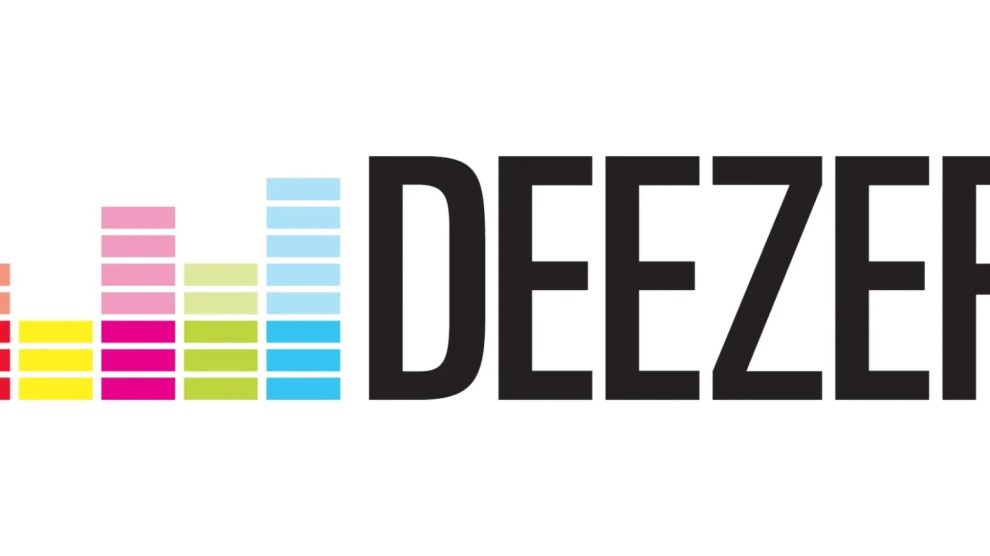In the world of music streaming, where algorithms shape playlists and millions of tracks flood platforms every month, a significant decision by Deezer has sent ripples across the industry. The platform, one of the leading names in music streaming, has decided to take a firm stand against AI-generated tracks. By removing such content from its library, Deezer aims to prioritize the work of genuine artists and ensure fairer compensation for their creative efforts. This move comes amidst growing concerns about the role of artificial intelligence in music production and its impact on the livelihood of musicians and songwriters worldwide.

For years, music streaming services have faced criticism for the challenges surrounding fair compensation for artists. As technology has advanced, so too has the ability for AI to produce music. While some view AI-generated tracks as a fascinating innovation, others see them as a threat to the authenticity of artistic expression. Deezer’s latest move reflects the latter perspective, signaling a commitment to protect genuine artistry and create a more sustainable ecosystem for creators.
The issue of AI-generated music is not new, but it has gained traction in recent years as artificial intelligence tools have become more accessible and sophisticated. With just a few prompts, AI can now create tracks that mimic the styles of popular genres, artists, and even specific songs. While these tracks may sound appealing to listeners, they raise serious ethical and economic questions. Who owns the rights to AI-generated music? Should these tracks be monetized in the same way as those created by human artists? And most importantly, how does their presence on streaming platforms affect the earnings of musicians?
Deezer’s decision to remove AI-generated content underscores the growing urgency of these questions. The platform has recognized that allowing AI-generated tracks to proliferate not only undermines the value of human creativity but also complicates the already contentious issue of artist remuneration. By removing such content, Deezer is sending a clear message that it values genuine artistry over artificial imitation.
One of the key reasons behind this decision is the financial impact of AI-generated music on artists. In the current streaming model, royalties are distributed based on the total number of streams. This means that every play of an AI-generated track takes away a small portion of the revenue that would otherwise go to human creators. As AI tools become more prevalent, the volume of AI-generated tracks on streaming platforms has increased, further diluting the pool of royalties available to artists.
To illustrate the scale of this issue, consider the following data:
| Category | Human-Produced Tracks | AI-Generated Tracks |
|---|---|---|
| Total Tracks Uploaded | 100 million | 10 million |
| Percentage of Streams | 85% | 15% |
| Share of Royalties | 90% | 10% |
In this scenario, even a 10% share of royalties for AI-generated tracks represents a significant loss for human artists. For many musicians, especially independent ones, every stream counts. Losing revenue to AI-generated content not only affects their earnings but also their ability to continue creating music.
Deezer’s stance also highlights the broader cultural implications of AI in music. Music has always been a deeply human form of expression, reflecting emotions, experiences, and stories that resonate with listeners. While AI can replicate the sound of a song, it lacks the authenticity and emotional depth that comes from genuine creativity. By removing AI-generated tracks, Deezer is taking a stand for the importance of human connection in music.
The move is likely to have significant implications for the music industry as a whole. Other streaming platforms may face pressure to follow Deezer’s example, especially as artists and advocacy groups call for greater action against the proliferation of AI-generated music. Additionally, this decision could spark broader conversations about the role of artificial intelligence in creative industries and the need for regulations to address its ethical and economic impact.
It is worth noting that Deezer’s decision does not mean it is rejecting AI entirely. The platform continues to use AI in other areas, such as personalized recommendations and content curation, to enhance the user experience. However, the distinction lies in how AI is used. While AI can be a powerful tool for improving music discovery and accessibility, it becomes problematic when it encroaches on the creative domain of artists.
For artists, Deezer’s decision is a welcome step in the right direction. Many musicians have long felt that the streaming model undervalues their work, and the rise of AI-generated music has only exacerbated these concerns. By removing such content, Deezer is not only supporting artists financially but also reaffirming the value of their contributions to the cultural landscape.
The decision also aligns with growing consumer demand for authenticity. In an era where automation and artificial intelligence are becoming increasingly pervasive, many listeners are seeking genuine, human-made experiences. Deezer’s move to prioritize genuine artistry over artificial replication resonates with this sentiment, positioning the platform as a champion of authenticity in the music streaming space.
As the debate over AI-generated music continues, it is clear that the industry is at a crossroads. The rise of AI presents both opportunities and challenges, and how the industry responds will have far-reaching implications for artists, listeners, and the future of music itself. Deezer’s decision to remove AI-generated tracks is a bold statement, one that reflects a commitment to preserving the integrity of music and supporting the artists who create it.
In the months and years ahead, the industry will need to address several key questions. How can streaming platforms ensure fair compensation for artists in a world where AI-generated content is becoming more prevalent? What role should AI play in the creative process, and where should the line be drawn? And most importantly, how can the industry balance innovation with the need to protect and value genuine creativity?
Deezer’s decision is an important step in this ongoing conversation. By prioritizing genuine artistry and taking a stand against AI-generated music, the platform is setting an example for the rest of the industry. It is a reminder that while technology can enhance the music experience, it should never come at the expense of the artists who make it possible.
The future of music streaming will undoubtedly be shaped by these debates, and Deezer’s move is likely to be a catalyst for change. Whether other platforms follow suit remains to be seen, but one thing is clear: the value of human creativity cannot be overstated. As a listener, you have the power to support genuine artistry by choosing platforms and artists that prioritize authenticity, ensuring that music remains a deeply human form of expression for generations to come.










Add Comment